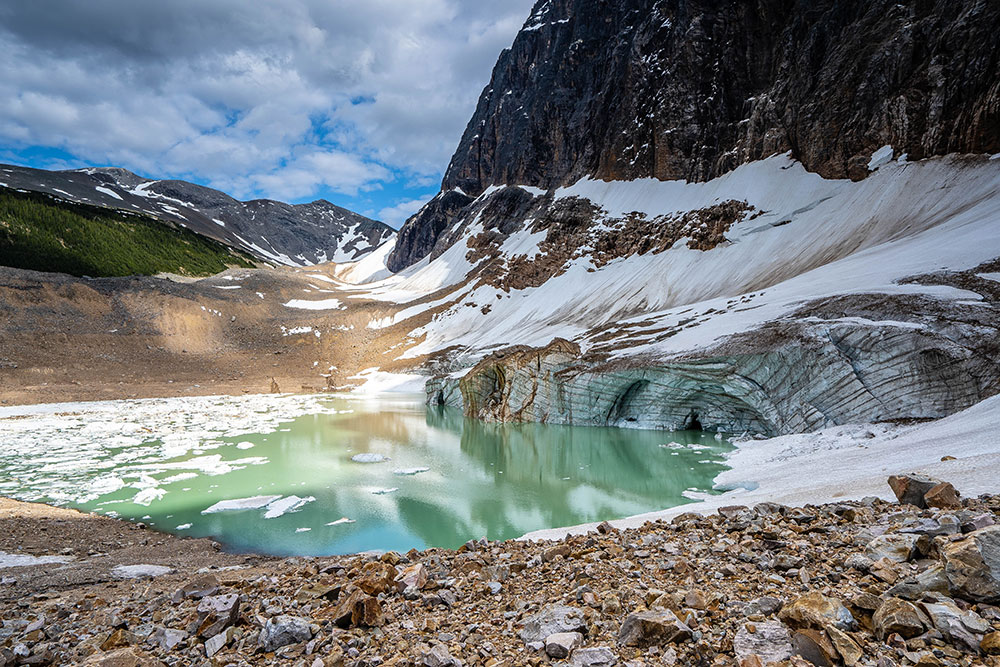
Gjoa Haven, Nunavut — Crown-Indigenous Relations and Northern Affairs Canada
The Hamlet of Gjoa Haven is taking steps to address and adapt to the effects of climate change thanks to a community-led project that will conduct geotechnical investigations and drainage planning in the existing townsite as well as areas that have been identified for potential future development.
The Geotechnical Investigations and Master Drainage Plan project, led by the Government of Nunavut, will combine local traditional knowledge with information gathered by engineering consultants to create a Development Suitability Map and Master Drainage Plan for the community. The goal of these plans will be to identify climate change impacts caused by melting permafrost, such as water-induced erosion, thaw settlement, and flooding; protecting existing infrastructure from these impacts; and helping plan climate-resilient future development.
Understanding the impacts of climate change plays a critical role in infrastructure planning and emergency management in Indigenous, northern and Arctic communities, particularly those where climate change affects drainage and ground stability. In communities throughout Nunavut, melting permafrost is causing ground instability, the sinking of buildings and the washing-out of roads. This project will help the Hamlet of Gjoa Haven maintain their present buildings and infrastructure, while avoiding building new infrastructure on ground made unstable due to melting permafrost.
Today, the Honourable Daniel Vandal, Minister of Northern Affairs, announced $200,000 in funding from the Climate Change Preparedness in the North Program for work that will incorporate traditional knowledge and community engagement in a plan to protect current and future community infrastructure.
The Climate Change Preparedness in the North Program supports projects that help Indigenous and northern communities and governments increase their capacity to adapt to climate change. This includes providing support to assess a community’s vulnerability to climate change factors such as changing ice conditions, permafrost degradation, coastal erosion, flooding, and wildfires on the natural environment and infrastructure portfolio. The program also supports communities and governments in addressing climate change as part of community planning and implementing appropriate measures to respond to various impacts.
